Corporate media is not besieged by powerful vested interests: MK Anand
MK Anand, MD & CEO, Times Network, shared his views on Media and specifically News Media, in his keynote address at the Shared Value Summit 2018. He spoke about how News is continuing education, keeping corporate media free from vested interests, and the challenges of news media in the digital era.
Following is the complete text of MK Anand’s speech:
At the outset I want to express my sincere thanks to the organisers for this opportunity and honour. And I also want to thank all of you for granting me audience this afternoon. My special thanks to Amit for deciding to devote time for discussing Media at this summit. It’s unusual that Media gets discussed outside of our Trade events. While we in Media consider it our fundamental right to discuss and debate about everything around us, somewhere we either escape attention or side step the issue. Or maybe we simply avoid it. Media or specifically News Media is far too important to be left to a small bunch of us News professionals to conduct. While News operations and its ethical conduct, I believe, is safe with our community, the general functional relevance and strategic impact of News must be firmly at the centre of discourses such as this. This is second time in a month that there has been a request to me to talk about the role of News Media in society. And if that’s a pattern, I think it’s good.
News is continuing education. It basically works to standardise social awareness and thus makes communicating, transacting and living with each other possible. If our News contexts are congruent, we relate. If they are not, we can’t see eye to eye. News therefore is a prerequisite for Democracy. In fact, Thomas Jefferson famously stated “....”
Media Business has a natural and instinctive affinity for Democracy. In fact, it cannot exist without democracy. In non-democratic regimes, News Media are mouthpieces supported by regimes or vested interests. They cannot be called independent businesses at all. As such, market forces have ensured that News Media in Democracies have by and large overtly or covertly worked to strengthen democracy. It has been a virtuous cycle.
There can be no Democracy if there is no shared purpose. And there cannot be shared purpose without shared context. News Media starts with reporting events. And theoretically, the context is set by the events themselves. However, the choice of which news gets highlighted and what sequence it is reported in, the choice of words, visuals and innuendo means that News Media ends up setting the context. How and for what this power is used determines how much contribution Media makes to strengthen democracy.
Corporate media like all consumer product businesses face competing products, evolve brands, espouse values and work in self-interest. The temptation to use the power of setting context arises due to competitive self-interest in the short term. While some amount of this is permissible in the form of advertising or agenda led editorial called Advertorial, anything beyond that distorts social awareness. Studying the long term behaviour of news brands will clearly indicate that misuse of the power to set context, eventually leads to brand erosion and is bad for business. From a competition point of view, therefore, short term gains by currying favours works against the News Media brand itself. Contrary to popular imagination, Corporate media is not besieged by Powerful vested interests and no one really arm twists anyone. If someone alludes to that, it’s good to remember that it always takes 2 to tango.
In my experience, Values led context setting is permissible. And fidelity to such values is appreciated by consumers. In an age when event information is commodity, due to the ubiquitous nature of screens, News Media brands do need to be opinionated to choose and pursue target groups. Mass News Media brands can be biased to a set of values and democratic at the same time, just as honest political leaders are. Leading News brands like ours actually lead the nation as much as the political leadership does.
News Media management, therefore, is also about management of this power for the larger good. We are in a unique position to choose Public Good Agenda and put our force behind them to accelerate change and aid in Development. We have a few striking examples of this in our Company.
- Remonetise India,
- India for Kerala,
- India Development Debate,
- The Urban Debate,
- End VVIP Racism,
- Path to Life.
- Jan Nivesh by ET Now and AMFI crosses the targeted 1 million pledges within 6 months of activity. World’s largest Investor education program.
The only Corporate self interest in all these cases is to do good to be known as good from a Brand point of view. The importance of Brand equity cannot be ever overstated in Media business. Media is a trust product and has always been one of the most Brand sensitive businesses. And the seismic changes that have been unleashed on Media industry which forever faces new competition due to evolving technology, has only raised the importance of Brand. These forces work towards ensuring that Media brands that don’t work for their consumer interest or are compromised will not survive.
While designing the Content architecture and Broad theme for Times Now and Mirror Now, we rely a lot on consumer research and data from sample surveys. We stand for values that large consumer groups believe in. Our digital platforms give us instant feedback on what the mood of the nation is on issues. Our content line up then reflects that. Its pure market forces at work. The end result of all this is audience aggregation.
So much about Corporate Media. Any discussion today on News and Democracy will be incomplete without touching upon the impact that Digital and particularly Social Media has on society.
The Internet converts every device on it into a potential server. And without realising, each one of us is a broadcaster. The positive side of this ability to publish is the opportunity it offers individuals to directly reach out to others, without the cumbersome and sometimes limiting filter of media platforms. Mass outreach is today possible without courting major media platforms. Donald Trump has 55 million followers on Twitter, which gives him the strength to brush aside global news brands. Narendra Modi’s social media reach is larger than the social media reach of the top three Indian digital English news platforms – TOI, NDTV and Times Now put together. This obviously is a great source of power for these leaders. This strengthens democracy as it offers individuals immense potential. While the new medium comes with this major potential, there is a dark side to it. Fake news, deliberate and unintended, has grave consequences. It’s all the more dangerous when we realise that the News consumer is still driven by an almost 200-year old habit of trusting the published word. While publishing technology has leap-frogged, the same cannot be expected of the consumer brain. Branded media could lose its business, net worth and the shirt off its back if they did a hoax piece and got caught. What do anonymous social media jockeys or address less bloggers and opinion websites have to lose? Worse still is the propagation by message apps, with no address of source. Regulation and consumer education has to urgently adapt.
In the context of Digital news, the other critical issue besides fake news that needs to be confronted is the concentration of power and therefore potential threat that Search and Social intermediaries and Platform owners can pose. As a news practitioner, I can tell you one thing. Ensuring that my news gets to your screen is not as simple as it looks. Behind your seemingly ‘in control’ act of choosing my channel and staying tuned, is a highly complex data-driven activity. Your choice is always influenced by a series of invisible steps that broadcasters take in placement, distribution, visibility, etc. And I am talking about traditional broadcast. We call it reach optimisation. This power gets magnified when the medium through which you access stories, the algorithms that decide which story to place in front of you when you search, is owned and operated by corporations that may not be easily regulated. I am not blaming them for wilful subversion at all. They have robust systems to ensure fair play. But concentrating power of this nature can have unintended disastrous consequences. Today, search rules on such platforms can overnight change which news brand gets watched over others. A third-party platform that wields such absolute power that determines survival itself for news players can be dangerous to democracy.
That’s in a nutshell a view from the News Gladiators Arena Centre. I hope I have been able to leave you with some points to mull over and deliberate about this critically important subject. In case you have any thoughts to share, you can surely send it to me via Institute of Competitiveness.


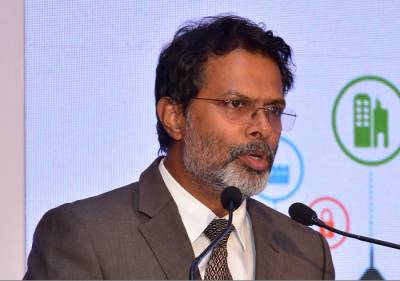
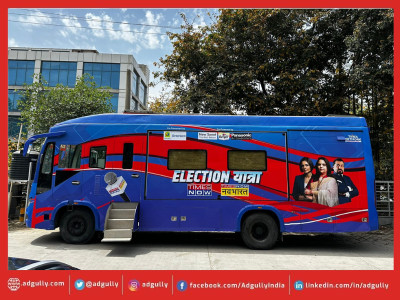
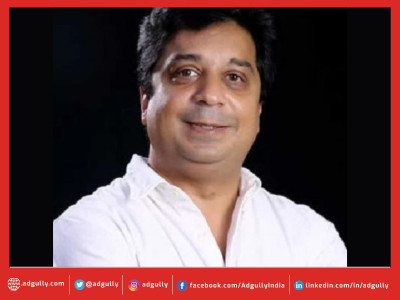
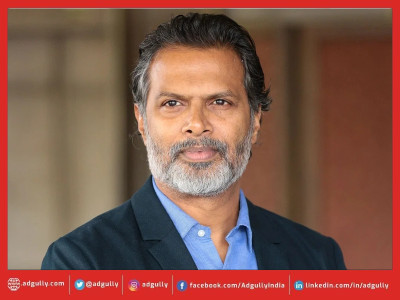
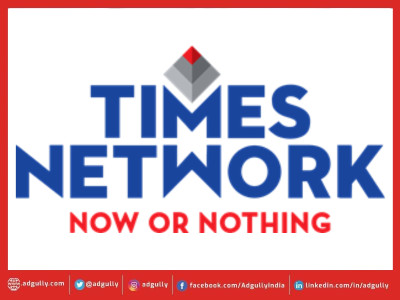
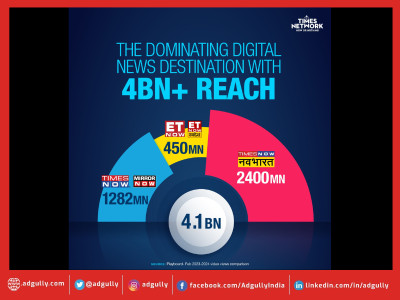


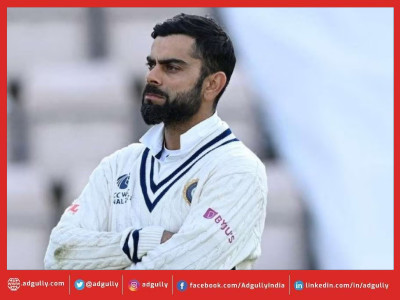
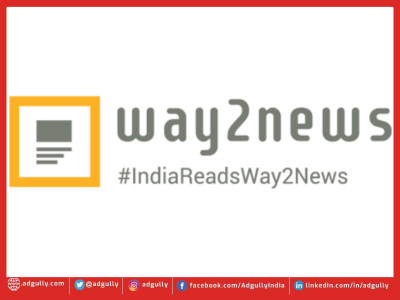
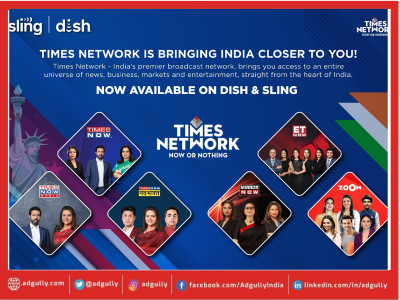




Share
Facebook
YouTube
Tweet
Twitter
LinkedIn